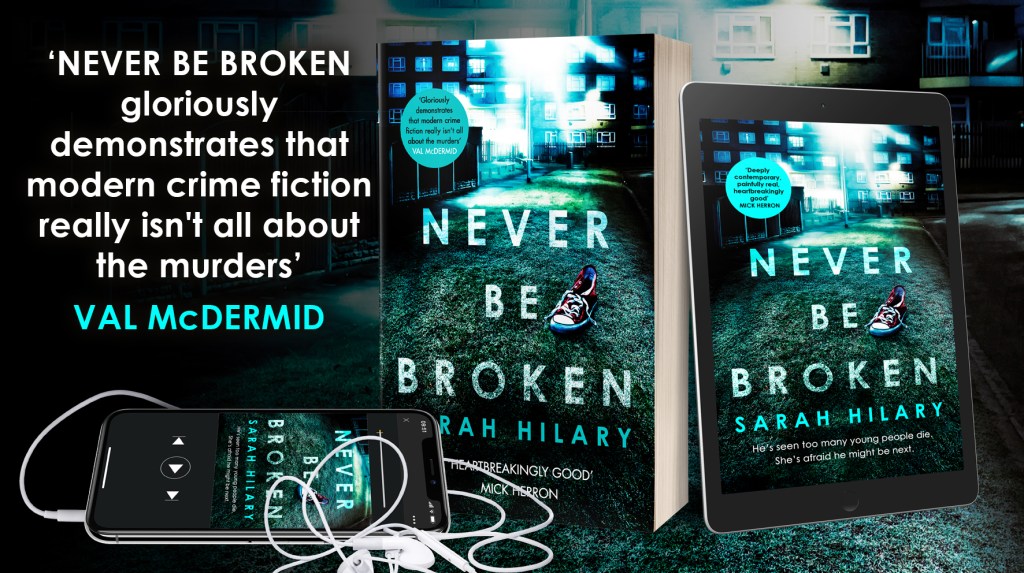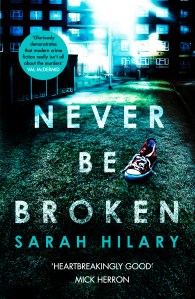Sarah Hilary interviews Joe Barton, writer of GIRI / HAJI

I’m lucky enough to be spending January 2020 in Japan, indulging my new-found love of all things Japanese—the food and culture, the landscape and the people. From a crime writer perspective, the recent television hit Giri/Haji ticked all my boxes. An eight-episode drama with scenes set in London and Tokyo (and elsewhere in the UK and Japan), it featured a fascinating cast of characters colliding to try and solve the mystery of a missing brother and a gangland vendetta. I asked the show’s writer, Joe Barton, to talk about his inspiration and the making of the show, which was one of my TV highlights of the decade.
Sarah Hilary: You’re clearly a big fan of Japan. When did the first germ of the idea of Giri/Haji come to you, and was it very different to the finished series?
Joe Barton: The initial idea came about seven years ago. My girlfriend had just started doing a masters in Crime Science at UCL. She came back and was telling me about the other students in her class and in amongst all of the British post-grads in their 20s was a middle-aged Japanese man who it turned out was a detective sent over from the Tokyo police to learn about forensics techniques from the Met. He just stuck with me as a potentially really interesting character – I imagined a Tokyo detective would probably be quite conservative and I wondered what he must make of London and British people and all of these young students around him. I wondered where he was staying and eating and whether he knew anyone in the city and whether he was lonely or perhaps enjoying being in a new place. I held onto the idea for a long time and it wasn’t until I pitched it that I started to try and flesh it out. All I knew was that he should be here looking for someone.
The biggest change that came from the idea to the finished thing was that initially it was much more of a crime show. It wasn’t until I was actually in the process of writing it that it started to morph into much more of a character drama, because that became the thing that I was most interested in, rather than the procedural elements of it. I think if you watch the first episode and the last episode they’re very different because of that.
Sarah Hilary: One of the things I loved best about the series was its diversity of cast (and the usurping of expectations about, for example, women in Japanese society and attitudes towards LGBT). Was this always a part of the plan or did it grow with the story?
Joe Barton: I always wanted it to have a diverse cast. I’m less interested in writing characters that are like me. My last film was an LGBT love story set in middle America and I always like looking at worlds and people who are different to my own experiences (though obviously you have to be careful about cultural appropriation, and hopefully we’ve avoided that). Some of these things are planned and some come about organically. I wanted to pair Kenzo (the show’s hero) up with someone who was his polar opposite, so a flamboyant gay sex worker seemed like the perfect foil for a buttoned-up detective. The initial idea was that Kenzo wouldn’t be able to speak any English and Rodney would be his translator but that proved too difficult, but we kept the mismatched pair idea because it was fun.
The three women in Japan who go on the run with the baby came about initially as a practical thing – we needed another plot strand and realised we had these minor characters who we all loved and thought it would be cool to bring them to the fore and give them more to do. It ended up being one of my favourite parts of the show.
Sarah Hilary: Something else I loved was the unique blend of narrative, film, anime and other means to carry the story. There’s an astounding sequence in the finale which is unlike anything I’ve seen in a TV drama before (I won’t spoiler it for anyone who has yet to see the show). Did you have to fight for this element or was it integral from the start?
Joe Barton: I was lucky and never really had to fight anyone for any of those things. Everyone involved in Giri/Haji was really up for trying anything. Including the BBC and Netflix. We did go through a process of agreeing what we could and couldn’t get away with. Initially there were a lot more weird subtitles in it. In the script the subtitles were flying all over the place, but in the end we were a bit more conservative about when we did that. We also filmed a really surreal dream sequence in the Momo Club in episode one but didn’t end up using it. It’s all a process of working out what you can and can’t get away with.
In terms of the sequence you mention, it was an idea I had late on in the writing process. I had all the characters on the roof and I didn’t want them to just have a shoot out as we’d done that, and I didn’t want them to suddenly be able to express themselves verbally because I see it as a story about people who feel a lot of things but don’t have the words for them. I just thought that this was a way of having them put out their innermost wants and desires without ever actually saying the words. I see the series as a tragedy – no one is really going to get what they want. But for a minute they can act out what’s in their hearts, before they lose it all again. It was almost the last thing we filmed, and for most of the shoot I just tried not to think about it because whenever I did I just started to panic that it wouldn’t work and we wouldn’t have an ending to the show! The first time me and Julian (Farino, the director) saw it was in a studio in Fulham in January. And it was so moving. It was a massive relief.
Sarah Hilary: It would be brilliant to know a bit about your influences, e.g. favourite TV dramas, films, anime, novels.
Joe Barton: In terms of influences I was given a lot of stuff to watch and read but didn’t get to all of it because I’m that disorganised. I watched a film called Adrift in Tokyo which I really liked and was influential in some of the weird character dynamics it plays with and the way it shows Tokyo as a city. I also stole the name ‘Fukuhara’ from one of the characters. I watched Ran by Kurosawa (stole the name Saburo from that come to think of it).
There’s a book called After Dark by Murakami which starts with a teenage girl reading in a Denny’s restaurant in Tokyo at night and that was a big influence on the character of Taki (there’s a scene with her in a milkshake bar which was inspired by that). Jiro Dreams of Sushi is a great documentary about a Tokyo sushi restaurant but really it’s about fathers and sons and the weight of expectation.
There were quite a few non-Japanese influences, in particular the 2nd series of Master of None – I loved the way that show bounced around, one episode black and white, one following different New Yorkers around, one showing flashbacks to different Thanksgivings. I also love Atlanta and shows like Bojack Horseman and Flowers, which Will Sharpe who plays Rodney wrote and directed and starred in. It’s so emotional and beautiful. A big influence on that finale scene in Magnolia where the characters all start singing ‘Wise Up’ and also the David LaChapelle promo for Lost where all the characters danced on the beach.
Big thanks to Joe for doing the interview. if you missed Giri/Haji on iPlayer, you can catch it on Netflix later this year.
Sarah Hilary’s NEVER BE BROKEN is out now in paperback






